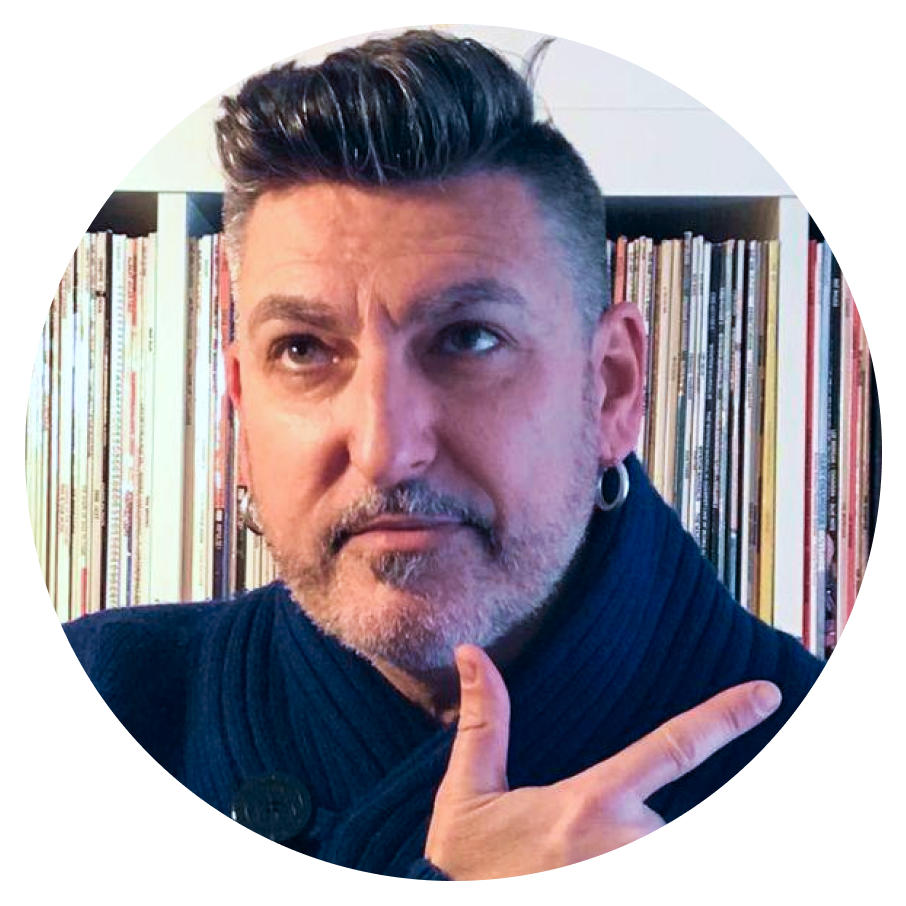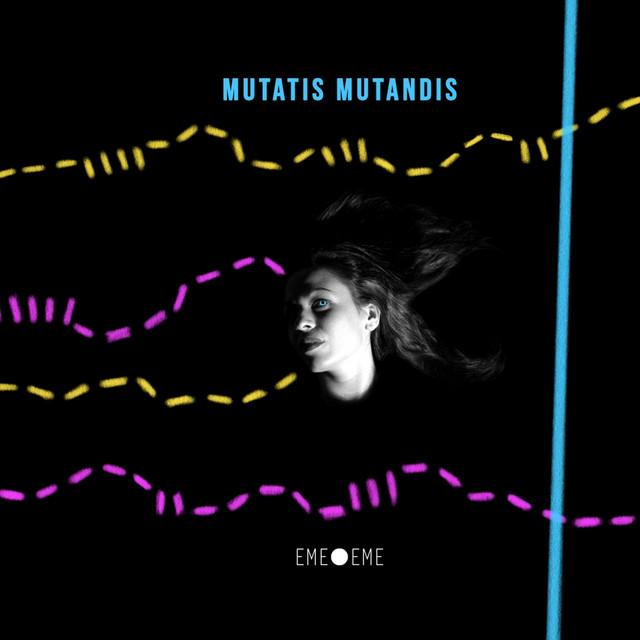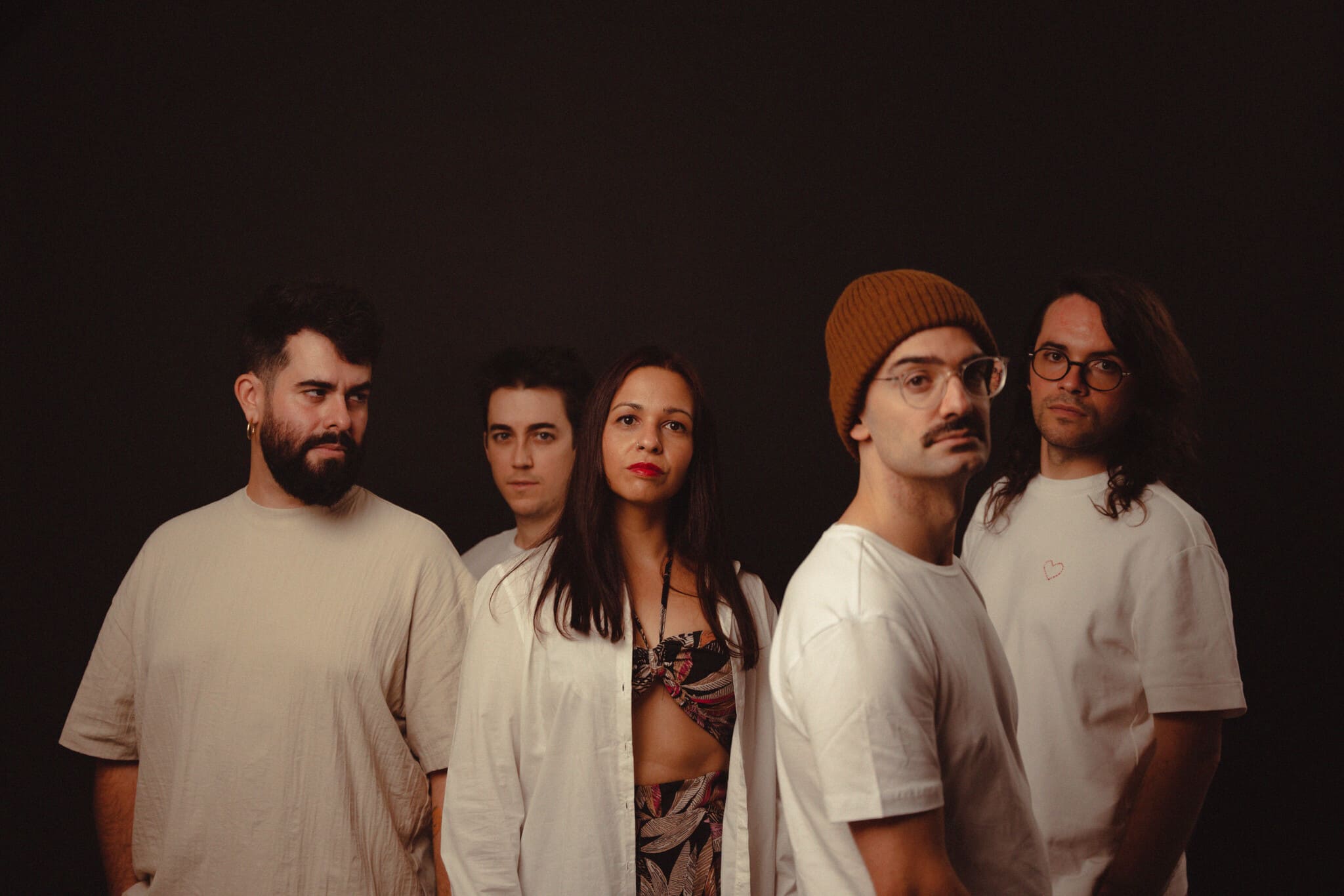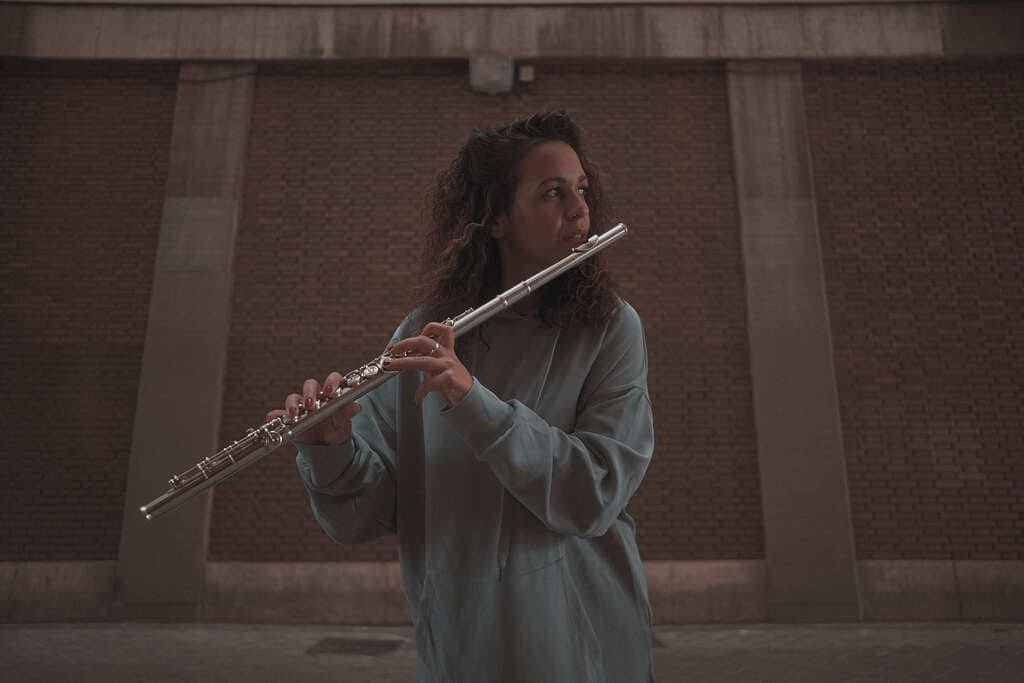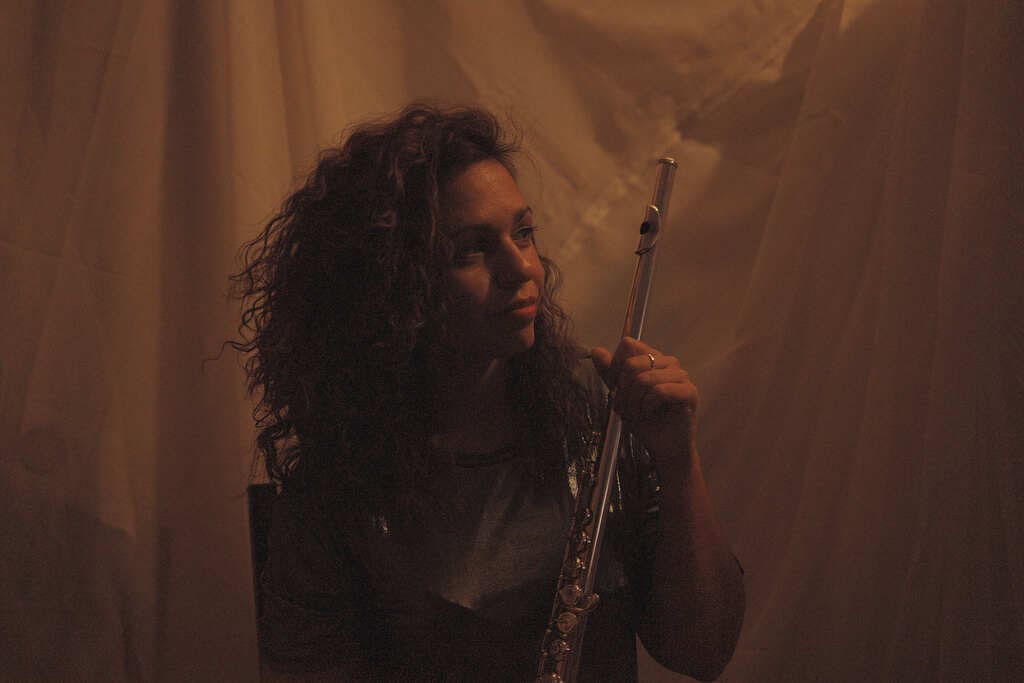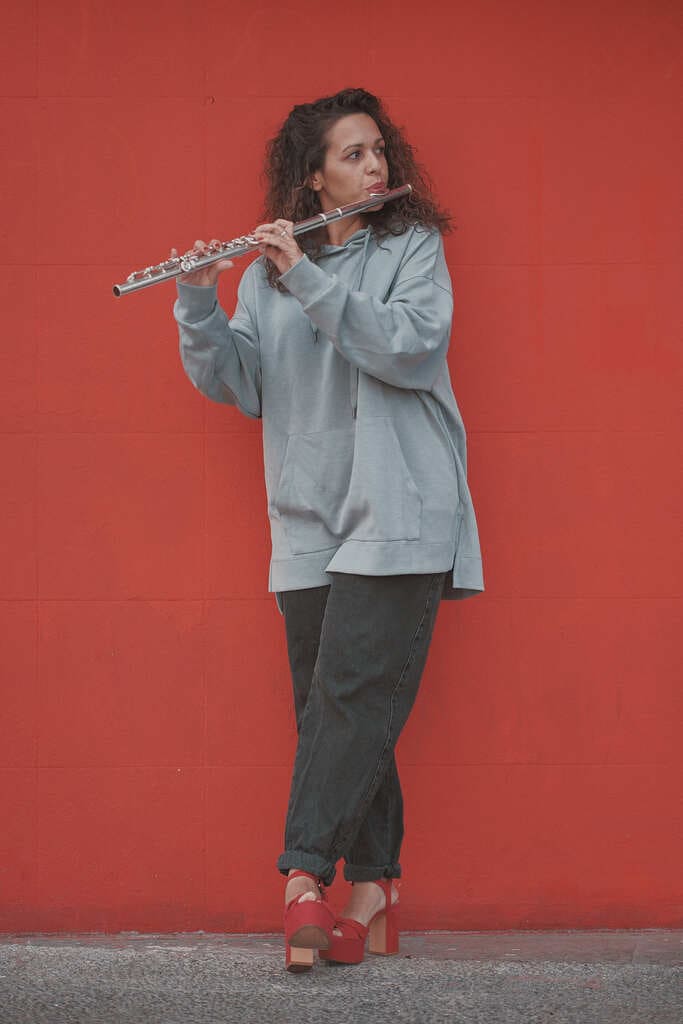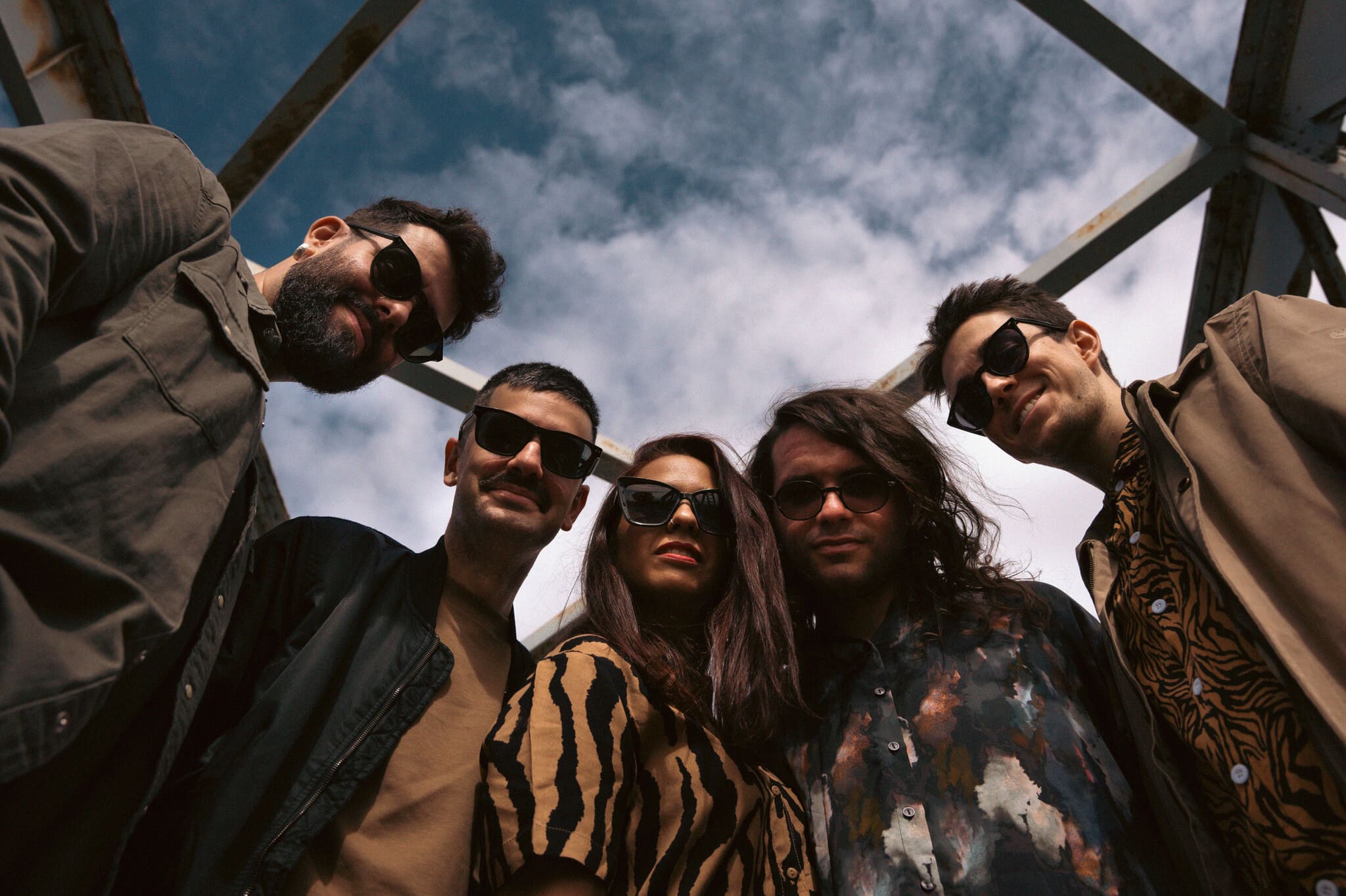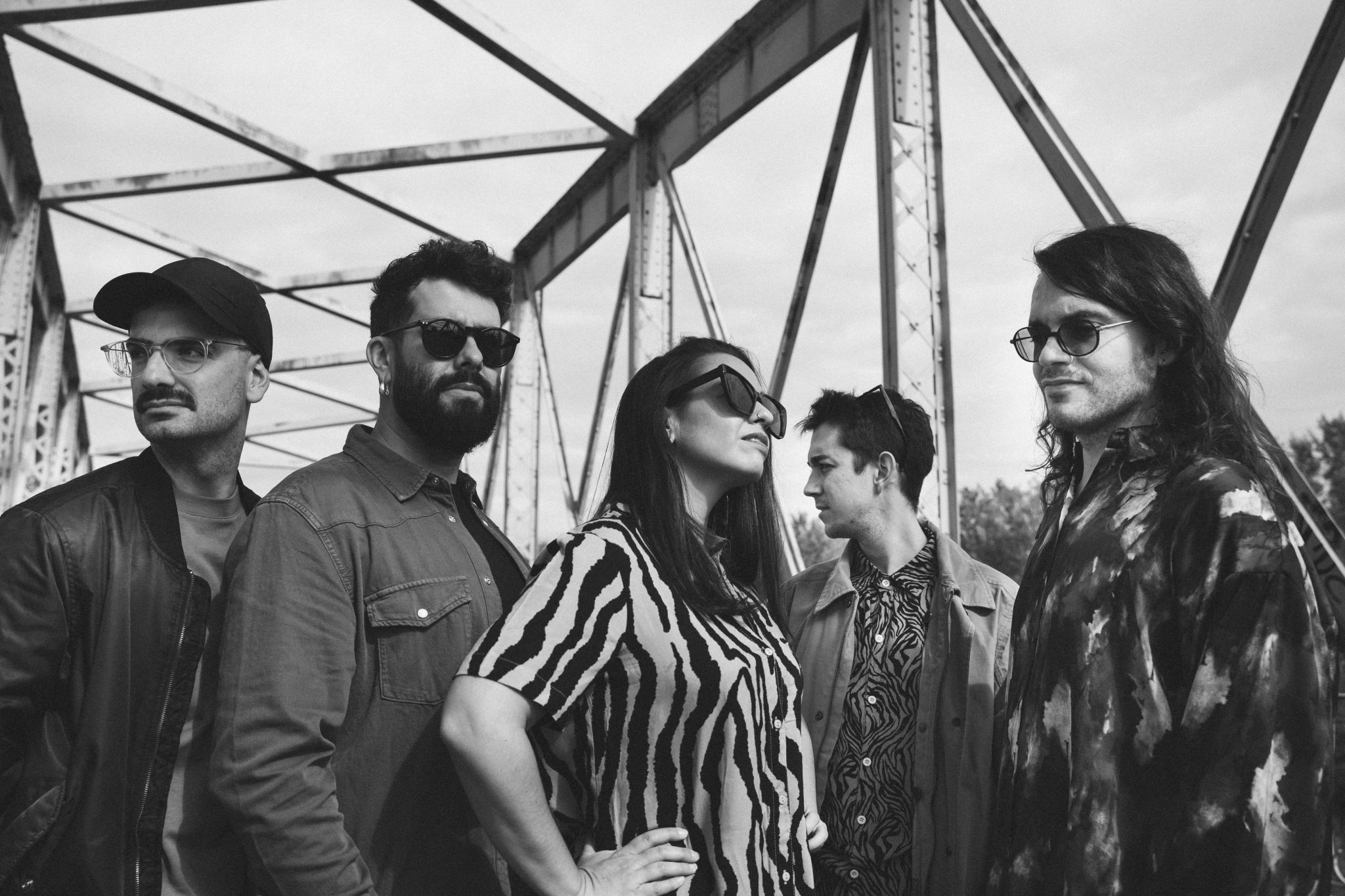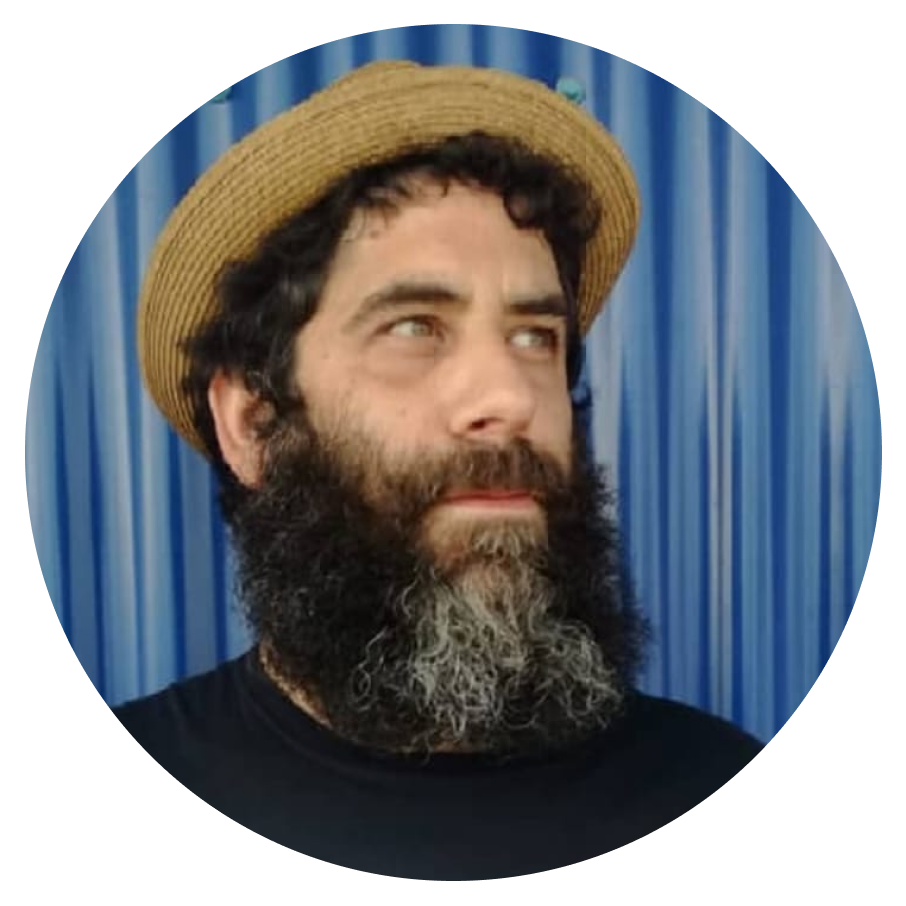
48º Festival Internacional de Jazz de Getxo II
48º FESTIVAL INTERNACIONAL DE JAZZ DE GETXO II
IMB SPECIAL 4tet / PAQUITO D’RIVERA QUINTETO
Lo malo de los volcanes es que te pille cerca su onda expansiva. Lo bueno, que uno conoce muy de cerca el poder inconmensurable de la naturaleza. Como hablar de volcanes y de Paquito d’Rivera es la misma cosa, apliquen el cuento a tenerlo próximo cuando te toca actuar antes que él; lo mismo que les pasó a unos barbilampiños Rolling Stones, que dijeron aquello de nunca más cuando antes que ellos, dejó caer su show James Brown. El azar tiene esas cosas
Hechas las presentaciones, habrá que convenir que el papelón que debían defender los IMB Special 4tet no era fácil, pero cubrieron las expectativas, y eso ya es mucho para una formación que no lleva ni un año de recorrido compartido. Lo tenían difícil para alzar el vuelo, por más que fueran ellos quienes abrían fuego en las segunda jornada del Festival. Tras los nervios iniciales, se vieron buenas dotes que habrán de ir a más conforme avance la trayectoria del grupo, pero ya puede adelantarse que supieron esquivar la ortodoxia con solvencia. David Guerreiro es un contrabajista que tiene toque y Éber González demostró que es un baterista que mantiene firme el pulso del grupo. Algo más deslucida fue la intervención del trombonista José Diego Sarabia, pero estuvo bien arropado por la profesionalidad del líder y saxo tenor y soprano Iván Muñoz, que llevaba la voz cantante del cuarteto y se encargaba de los arreglos, como el “Nardis” de Miles Davis, que aquí trasladaron reinventándola a un connotativo “Nardo” (en castellano hay que vigilar con las polisemias, tan dados como somos a la escatología y a la picaresca). Todo bien, en especial el soprano de Iván Muñoz. Las llamadas y respuestas se fueron sucediendo, un tanto rígidas y previsibles, hasta que llegó con pulso firme el homenaje a sus mentores en la sombra, el apadrinamiento distanciado de Dave Holland Prime Directive. Y sí, lejos quedan de los Robin Eubanks, Chris Potter o Billy Kilson, pero las ansias también ayudan a definir facultades siempre que la voluntad no decaiga. Si esos han de ser sus luminarias, amén a ello. Y que los dioses repartan suerte. Cerraron la actuación con un “Hurry Up!” que logró poner un buen colofón a la actuación, al confirmar que el IMB Special 4tet sabe ir de menos a más. Pasar por Nueva Orleans, recalar en los barrios criollizados latentes de funk, siempre viene bien. Ánimo.
Qué tendrán los volcanes, nos seguimos preguntando, que atraen con la misma fuerza con la que suele huirse de ellos. El clarinetista y saxofonista Paquito D’Rivera (La Habana, 1948) es de los más activos, ya desde su tierna infancia. Así lo recordó al respetable cuando explicó la anécdota en la que habló del disco con el que se presentó su padre en casa en sus años mozos, una actuación inédita de Benny Goodman en el Carnegie Hall (‘carne y frijol’ entendió la pobre criatura). Y sí, Paquito es todo magma, todo erupción, todo alegría –eso de la alegría y el humor todavía tiene mala fama en el mundo del arte, y si no que se lo pregunten al abad Jorge de Burgos, aquel oscuro detractor del Segundo Libro perdido de la Poética de Aristóteles que discutía sobre el asunto con el antiguo inquisidor Guillermo de Baskerville en El nombre de la rosa. La comedia es lo más cercano a lo humano, y al mismo tiempo lo más sospechoso. Algo parecido sucede con las artes que las adoptan como materia de cambio y como premisa para el goce. A Paquito y los suyos eso les trae al pairo. La cosa va de aquello que decía Duke Ellington al referirse a la música, que sólo hay dos, la buena y la otra. De eso iba la cosa. Y que ría quien sepa y pueda.
El quinteto que ha fraguado bajo la premisa de lo bueno lo mejor, esa conexión Madrid-New York, ha dado como fruto la grabación de La Fleur de Cayenne (Sunnyside, 2025), el disco que traía bajo el brazo y que acaba de empezar a rodar para alegría de sus seguidores, los mismos que ayer hicieron colgar el de cartel de ‘Sold Out’ en el Muxikebarri. No caen todos los días 18 premios Grammy, que son los que lleva el de Marianao a sus espaldas, ni se convierte uno en leyenda de la nada con el reconocimiento de su talento en el jazz latino, así como por sus logros como compositor clásico. Quien fuera miembro fundador de la Orquesta Cubana de Música Contemporánea, asimismo fundador y codirector del renombrado e innovador grupo musical Irakere, donde también profesaba su genial amigo Arturo Sandoval y otros tantos genios de la improvisación caribeña, ese niño prodigio, decimos, hace natural lo extraordinario. Hay que echarle horas para que eso ocurra. Horas y disposición genética, que todo ayuda cuando los hados tienen ganas de jugar a convertir a alguien en eterno.
“Miriam”, con ecos familiares de Bebo Valdés y Camilo Cortina, es buena prueba de lo aquí expuesto. El bolero se hace danzón, pasa por el Hudson y regresa al Caribe convertido en una maravilla plena de sentimiento y dulzor. Con el saxo alto, Paquito se propuso hacer diabluras y a fe que lo consiguió. Le tocó luego el turno a “Nocturno en la Celda”, el homenaje con el que Pepe Rivero –el primero de los reclutados para este nuevo proyecto musical, tal y como el maestro Gillespie le enseñó al cubano universal en la United Nation Orchestra– trajo al Golfo de México las partituras de Chopin, siempre con swing, como reclamaba el no menos grande Cachaíto. Ahí se dejaron ver, además del pianista de Manzanillo, el trabajo enorme del vibrafonista colombiano Sebastián Laverde, estiloso y facultado como pocos para traer a nosotros las cadencias del joropo de su tierra, una música folklórica y festiva en la que el baile y la música se dan la mano para hacer benevolentes a los dioses con los mortales. D’Rivera, ya con el clarinete, no permitió que decayera la fiesta, y todo se conjuró para que con “El bajonauta” hiciera su aparición estelar Reinier ‘El Negrón’ Elizarde. Ya lo dijo Paquito, que la composición no iba a favor sino en contra de los bajistas, haciendo honor literal a eso de ‘contrabajo’, ‘contra el bajo’ y ‘con trabajo’, muchos juegos de palabras para alguien dado a ellas (recuerden sus memorias Mi vida saxual). En medio de la improvisación apareció un “Land of 1000 dances” que acabó en forma de blues, para señalar que todo viene de un mismo lugar, es decir del Golfo de México, más exactamente de Nueva Orleans. “¿No era también de allí Mozart?”, se preguntaba Paquito. Con el ataque al Segundo Movimiento del Concierto para clarinete y orquesta del genial Amadeus quedó claro que no podía ser de otro lugar.
En manos de este quinteto conectadísimo todo sale fácil. Así pasan de una “Milonga Gris” a un bolero-bossanova que Paquito compuso en la noche toledana en la que su amigo y mentor Dizzy Gillespie –el Dizzy- falleció el Día de Reyes de 1993. Menudo regalo le cayó post-mortem (aunque sigue más vivo que nunca, todo habrá que decirlo), complejo en lo musical, sentido en lo emocional, enciclopédico en lo cerebral, con homenajes en forma de citas a “Night in Tunisia” o “Tin Tin Deo”, esta vez con el líder al saxo. “Toca bonito”, así con acento brasileño, parecía oírse decir al Dizzy desde las alturas. Mientras, el volcán seguía en erupción, sólo interrumpida por las graciosas intervenciones memorialísticas de Paquito.
El grupo funciona bien engrasado. Prueba de ello fue el arreglo sobre un vals venezolano, que fue arreglado con el pensamiento de que fueran otros músicos superdotados quienes lo anzaran. Con humildad sin retórica, Paquito dejó en manos de Sebastián Laverde las labores de liderazgo, lo mismo que luego iba a hacer cuando tomara las riendas Pepe Rivero de la preciosa lectura de la “Suite Andalucía” de Ernesto Lecuona, el compositor de la universal “Siboney”, entre tantas otras. Ya puestos en materia, casi al cierre del concierto dejaron caer una sentida “Ansiedad” que apaciguaba las fiereza de lo que se había dado hasta , que insufló más vida si cabe a la cabalgada grupal. Ahí sobresalió el destacadísimo baterista Georvis Pico Milian Pero como con los volcanes uno nunca sabe, pusieron el colofón con un bis donde la guaracha y el sabor de Cuba se mezcló con todas las músicas que hacen de esta conexión madrileño-neoyorquina algo ya de obligada escucha. Como para recordarnos que las notas han de acompañarse de movimientos acompasados, el salseo final puso a Paquito a bailar. No eran espasmos por el propio bullir del grupo, eran verdaderos pasos de baile. Tras lo vivido, bien puede afirmarse que sí, que los volcanes, por mucha fiereza que contengan, también son benefactores. Es así como uno alcanza las sábanas feliz, a la espera de más milagros naturales éste. Algo así como una suerte de ceniza en los zapatos dejó cuenta de que todo lo vivido no fue un sueño. Ya sólo queda agradecer y esperar otra epifanía maravillosa.



























